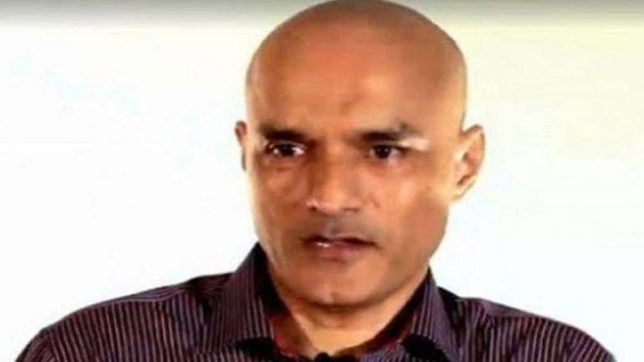The Hague: In a huge victory for India, the International Court of Justice (ICJ) Wednesday ruled that Pakistan must review the death sentence for Indian national Kulbhushan Jadhav, 49, who has been sentenced to death by a Pakistani military court on espionage and terrorism charges”.
Jadhav, a retired Indian Navy officer, was sentenced to death by a Pakistani military court on charges of “espionage and terrorism” after a closed trial in April 2017. His sentencing evoked a sharp reaction in India. A bench led by President of the Court Judge Abdulqawi Ahmed Yusuf ordered an “effective review and reconsideration of the conviction and sentence of Kulbhushan Sudhir Jadhav”.
The bench also ruled that Pakistan had violated India’s rights to consular visits after his arrest.
Pakistan “deprived the Republic of India of the right to communicate with and have access to Kulbhushan Sudhir Jadhav, to visit him in detention and to arrange for his legal representation,” the judges said.
The verdict in the case comes five months after a 15-member bench of ICJ led by Judge Yusuf had reserved its decision February 21 after hearing oral submissions by India and Pakistan. The proceedings of the case took two years and two months to complete.
India moved the ICJ May 8, 2017 for the “egregious violation” of the provisions of the Vienna Convention by Pakistan by repeatedly denying New Delhi consular access to Jadhav.
A bench of the ICJ, which was set up after World War II to resolve international disputes, in May, 2017 restrained Pakistan from executing Jadhav till adjudication of the case.Pakistan claims that its security forces arrested Jadhav from restive Balochistan province March 3, 2016 after he reportedly entered from Iran.
However, India maintains that Jadhav was kidnapped from Iran where he had business interests after retiring from service. Pakistan had rejected India’s plea for consular access to Jadhav at the ICJ, claiming New Delhi wants the access to get the information gathered by its ‘spy’. However, Pakistan facilitated a meeting of Jadhav with his mother and wife in Islamabad December 25, 2017. A four-day public hearing in the case took place in February last.
During the ICJ hearing, both India and Pakistan submitted their detailed pleas and responses. India based its case on two issues – breach of Vienna Convention on consular access and process of resolution.
Harish Salve, who represented India in the case, questioned the functioning of Pakistan’s notorious military courts and urged the UN court to annul Jadhav’s sentence, which is based on an ‘‘extracted confession’’.
ICJ directs Pak to stay Jadhav’s execution
